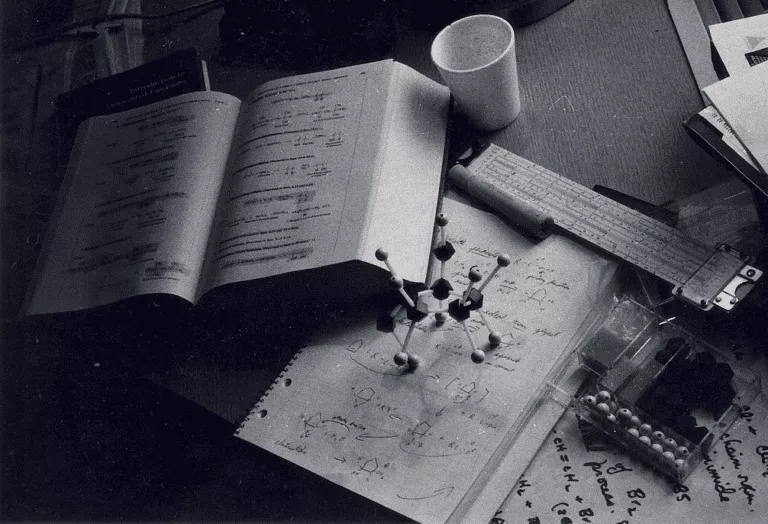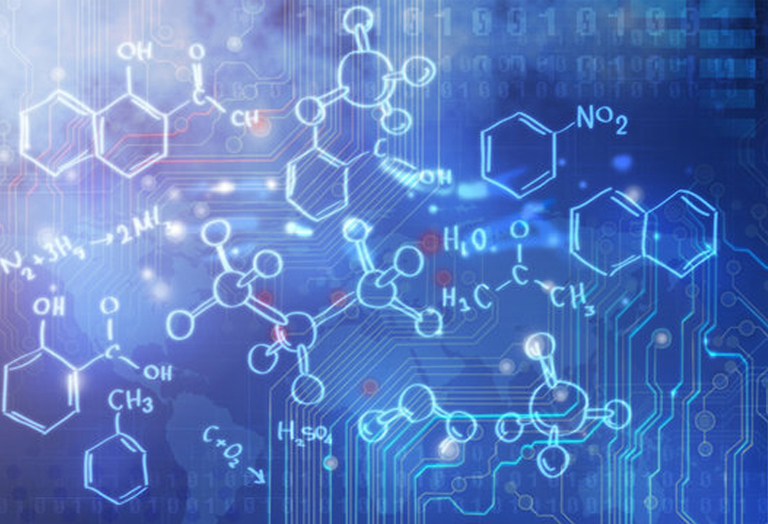Organic Chemistry Homework and Assignment Help
The scientific study of the structure, properties, and reactions of organic compounds and organic materials is called Organic Chemistry. Organic compounds consist of carbon and hydrogen atoms as a basic skeleton. Initially, it was believed that organic compounds could only be obtained from living organisms, such as animals and plants, but now it is clear that these compounds can easily be synthesized in laboratories. At onlinecollegehomeworkhelp.com, our organic chemistry tutors provide 24/7 organic chemistry homework help, organic chemistry assignment help, and tutoring services to students.
Get Online Organic Chemistry Assignment Help
We provide comprehensive help with all kinds of organic chemistry-related assignments, homework, and tutoring help. Our experts are available 24/7 to clear all your subject-related doubts. The study of Organic Chemistry focuses on understanding the physical and chemical properties of organic compounds and their chemical reactions. Get expert organic chemistry assignment help services to improve your grades and gain a better understanding of complex topics.
Organic Chemistry Tutoring Help
Organic Chemistry requires extensive study and research. The web offers a wealth of knowledge, but expert guidance can make the learning process more effective. At onlinecollegehomeworkhelp.com, our experienced chemists are available to help students understand Organic Chemistry better. Students can reach out to our team anytime, from any location.
Organic chemistry is a branch of chemistry that focuses on compounds containing carbon and hydrogen atoms, exploring their chemical composition, properties, and reactions.
History of Organic Chemistry
In the 19th century, scientists began to understand organic compounds and the forces acting between them. For example, in 1816, Michel Chevreul studied the extraction of fats and alkalis to produce soaps. In 1856, William Henry Perkin accidentally synthesized an organic dye instead of quinine, which marked a pivotal point for the pharmaceutical industry.
Applications of Organic Chemistry
- Organic compounds are used in the production of paints, cosmetics, drugs, and fuels.
- The structure of compounds can be determined, and IUPAC names can be assigned to them.
- Synthetic preparations like rubber, paper, soaps, and perfumes are important products.
- Fossil fuels, such as petroleum, are organic compounds that are widely used.
- Various types of fibers and polymers are also synthesized through organic chemistry.
Disadvantages of Organic Chemistry
- Overuse of chemical fertilizers can harm the soil and its ecosystems.
- Chemical waste from factories can pollute natural habitats and harm wildlife.
- The improper disposal of organic chemicals leads to environmental contamination.
Upload Your Homework/Assignments for Review
Our Online Tutoring Center supports reviewing assignments submitted by students. Simply upload your homework or assignments to our web portal, where our team of chemists will provide feedback and review your work. The review process is managed through the online portal for maximum transparency. We also assist with lab reports, dissertations, and papers, and offer services like retrosynthesis and spectral interpretation.
Get Live Online Tutoring in Organic Chemistry
Engage in live online tutoring sessions where our tutors use virtual classrooms and digital whiteboards to explain organic chemistry concepts. This interactive learning method allows you to ask questions and receive clarifications in real-time.
Receive Instant Organic Chemistry Assignment Help Today!
If you are struggling to find the right guidance for your assignments, reach out to us for help with Organic Chemistry topics. Our team of experts is available to interact, review assignments, and clarify any doubts you have regarding the subject. Our mission is to provide students with the best learning experience online.
Some Questions Related to the Field of Organic Chemistry
Q.1 What are the topics in Organic Chemistry 1?
Ans. The topics for Organic Chemistry 1 include:
- Hybridization
- Structure and Bonding Basics
- Boiling Points
- Acids & Bases
- Resonance
- Nomenclature
- Newman Projections and Conformations
- Cycloalkanes
- Free Radicals
- Stereochemistry
- Substitution (SN1 & SN2)
- Elimination (E1 & E2)
- Reactions of Alkenes
Q.2 What are the topics in Organic Chemistry 2?
Ans. The topics for Organic Chemistry 2 include:
- Alcohols
- Epoxides
- Oxidation & Reduction
- Grignard Reagents
- Dienes & MO Theory
- Diels Alder & Pericyclic Reactions
- Aromaticity
- Reactions of Aromatic Molecules
- Synthesis of Aromatic Molecules
- Aldehydes and Ketones
- Carboxylic Acids and Derivatives
- Enolates (Alpha Carbon)
- Carbohydrates
- Amines
- Amino Acids
Q.3 What is Organic Chemistry?
Ans. Organic Chemistry is the study of compounds that contain carbon. It focuses on their preparation, composition, characteristics, and reactions, often dealing with hydrocarbons and their derivatives.
Q.4 What are the most significant organic molecules?
Ans. The most significant organic molecules are carbohydrates, lipids, proteins, and nucleotides, which are essential for the structure and function of living organisms.
Q.5 What is Isomerism?
Ans. Isomerism occurs when two or more compounds have the same chemical formula but different structures. There are two types of isomerism: Structural Isomerism (different atomic structures) and Stereoisomerism (same atomic structure but different 3D arrangements).
Get Online Organic Chemistry Homework Help
Organic Chemistry is the study of organic compounds and materials' structure, properties, and interactions. Initially thought to be derived only from living organisms, organic compounds can now be synthesized in the lab. Get expert help with your organic chemistry homework, assignments, and lessons. Our Organic Chemistry Assignment Help services offer step-by-step guidance for all your academic needs.
Branches of Organic Chemistry where we provide Homework & Assignment Help
- Alkane Chemistry: The study of saturated hydrocarbons that contain only single bonds between carbon atoms.
- Alkene and Alkyne Chemistry: Focuses on unsaturated hydrocarbons containing double and triple bonds, respectively.
- Aromatic Chemistry: The study of compounds that contain benzene rings or similar structures known for their stability.
- Polymer Chemistry: Involves the study of large molecules made up of repeating units, such as plastics, proteins, and synthetic polymers.
- Biochemistry: The branch of organic chemistry that deals with the chemical processes within living organisms, including the study of biomolecules like proteins, nucleic acids, and lipids.
- Stereochemistry: Focuses on the three-dimensional arrangement of atoms in molecules and their spatial orientation.
- Organic Reaction Mechanisms: The study of the step-by-step sequence of elementary reactions that occur during organic reactions.
- Organometallic Chemistry: The study of compounds containing bonds between carbon and a metal, such as those found in catalysts and materials.
- Heterocyclic Chemistry: Involves the study of compounds containing rings made up of at least one atom that is not carbon (e.g., nitrogen, oxygen, sulfur).
- Green Chemistry: Focuses on the design of chemical products and processes that reduce or eliminate the use and generation of hazardous substances.
- Medicinal Chemistry: The design and development of organic molecules used as drugs, focusing on their chemical properties and biological effects.
- Environmental Chemistry: The study of chemical processes in the environment and their effects on ecosystems, including pollutants and their breakdown.
- Food Chemistry: The study of the chemical composition and changes that occur in food, including preservatives, flavors, and nutritional content.
- Synthetic Chemistry: The design and creation of new organic compounds through chemical reactions and transformations.
- Natural Products Chemistry: Focuses on the extraction, isolation, and structural analysis of organic compounds from natural sources like plants, animals, and microorganisms.
FAQs Related to Organic Chemistry Homework and Assignment Help



